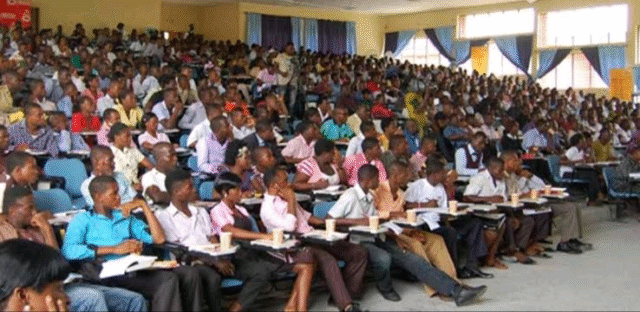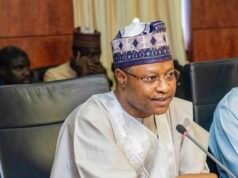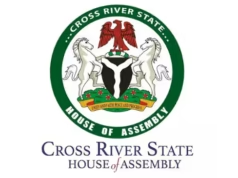In universities across Nigeria, a growing wave of frustration has taken hold, as professors collectively demand a sweeping salary overhaul. Once receiving between ₦525,010 and ₦633,333 monthly under the current Consolidated University Academic Salary Structure, many now insist that the bare minimum should be set at ₦2.5 million per month.
The demand is not merely about numbers. It stems from mounting financial pressure, alarming comparisons with peers elsewhere in Africa, and the burden of multiple responsibilities. The call for better pay strikes at the heart of dignity, sustainability, and the future of academic excellence.
Table of Contents
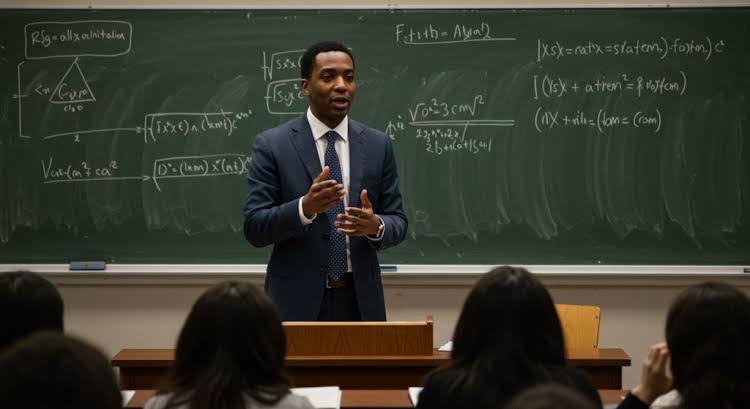
Living Realities Fuel the Demand
At the University of Lagos, Prof. Abigail Ndizika-Ogwezzy of the Mass Communication department spoke passionately about the real-world cost of life in Akoka. She pointed out that even securing a simple home costs upwards of ₦3 million per year—let alone feeding a family, paying school fees, commuting, and maintaining health. She emphasised:
“Anything less than ₦2.5m for a professor at the bar is not it… We are carrying the burden of three, four, five people. It is impacting our health, our eyes…”
Those long days lecturing, supervising, researching, and publishing come at a high personal cost. Many professors fall ill, stretch loans to cover basic needs, and miss out on preventive healthcare while contributing to Nigeria’s development.
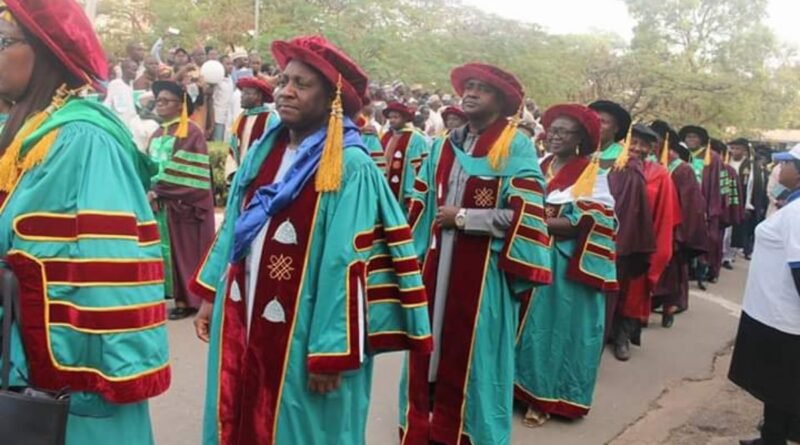
Benchmarking Against Africa and the Brain-Drain Threat
The demand isn’t arbitrary. Prof. Remi Aiyede from the University of Ibadan draws attention to what professors earn across the continent—between US$2,000 and US$4,000 monthly. By Nigerian conversion, that translates into a sum that far exceeds current pay, making ₦2.5 million a reasonable threshold.
Adding historical context, Aiyede cited the Nimi-Briggs Commission and other government-commissioned reports that recommended a similar salary level for professors, raising expectations that such measures were once on the policy agenda.
Former ASUU president Prof. Emmanuel Osodeke sounded a warning: “Anything short of this [a meaningful raise] will only worsen the brain drain,” undermining Nigeria’s academic future
A Stark Gap Between Professors and Politicians
Prof. Sheriffdeen Tela of Babcock University captured the moral outrage sparking the demand: it is unjustifiable that professors earning around ₦1.2 million monthly—even annually less than some legislators take home in one month—should continue to be undervalued.
He criticised current government strategies that lean toward employee loans rather than fair remuneration:
“Many professors live on loans because their salaries are not enough. Instead of giving them appropriate pay, the Federal Government wants to give them loans, which is wrong.”
The comparison is starker still when one considers that becoming a professor requires decades of specialised study, publications, and leadership—far more than the minimum requirements for public office.
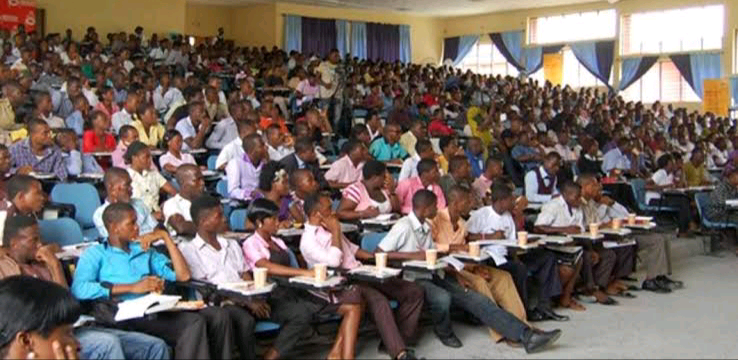
Into the Future: What’s at Stake?
The national debate now hinges on whether the federal government will match talk with action. Recently, there were nationwide protests orchestrated by ASUU over unmet demands tied to the 2009 renegotiated agreement, and meetings have begun between government officials and union representatives to chart a way forward.
At stake are the future viability of Nigerian universities, the retention of talented academics, and the priority placed on education as a national value. Should professors see meaningful salary reform—and realistic recognition for their workloads and lifestyle demands—they could remain as the backbone of a stronger academic system.
If not, the trajectory could deepen the erosion of Nigeria’s academic institutions, with qualified minds opting out for greener, more respectful shores.
Join Our Social Media Channels:
WhatsApp: NaijaEyes
Facebook: NaijaEyes
Twitter: NaijaEyes
Instagram: NaijaEyes
TikTok: NaijaEyes
READ THE LATEST EDUCATION NEWS


